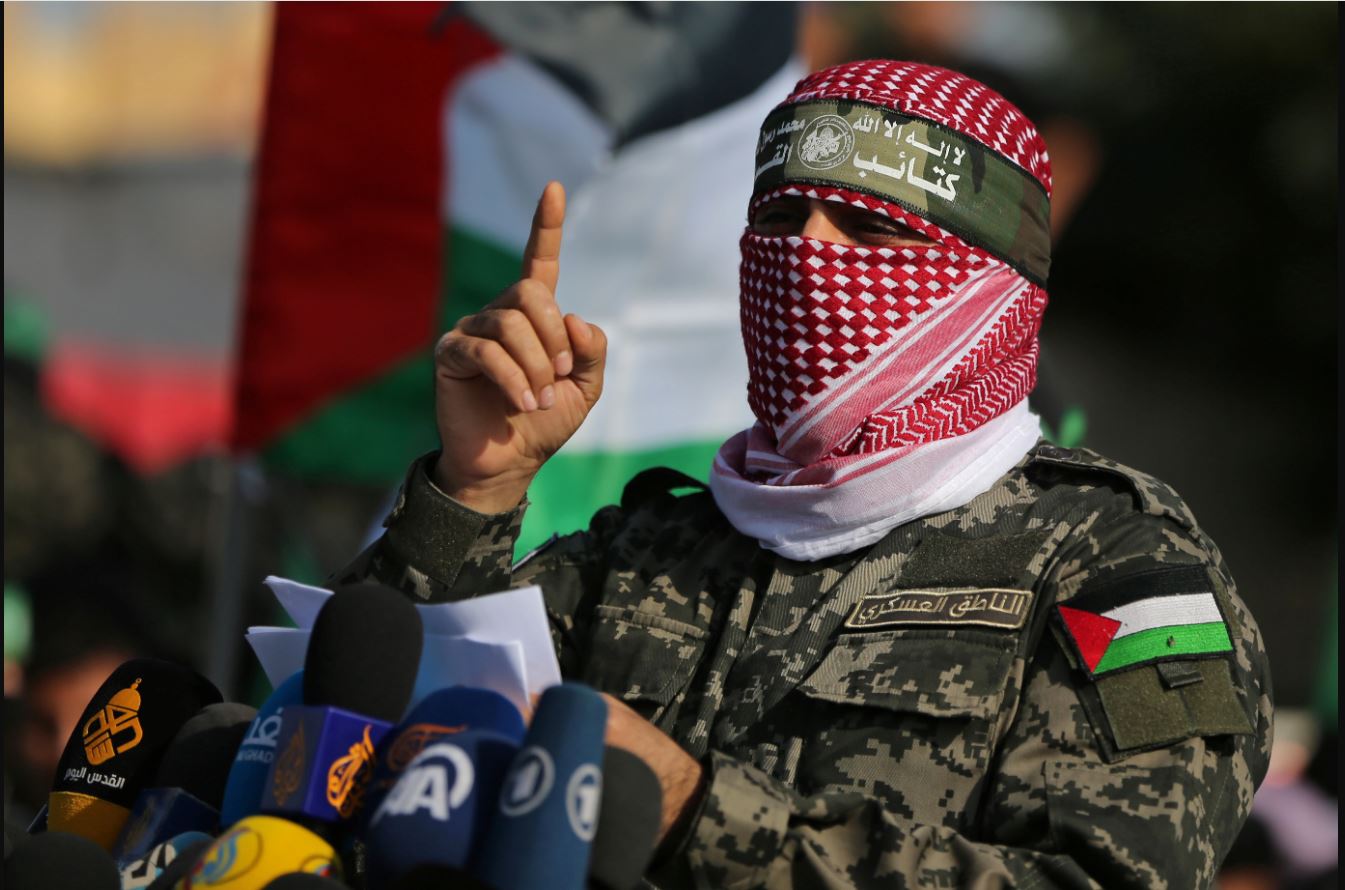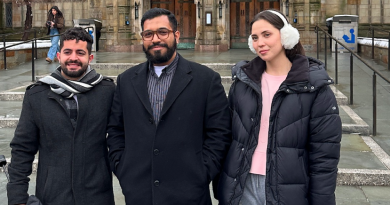Tens of thousands march against military rule in Sudan, met with tear gas
Khartoum (Reuters) – Sudanese security forces deployed tear gas on tens of thousands of protesters gathering in central Khartoum on Tuesday to oppose military rule following last month’s coup.
Neighbourhood resistance committees called the protests despite an agreement last week that reinstated civilian Prime Minister Abdalla Hamdok and brought the release of most top politicians detained since the coup.
The Oct. 25 takeover ended a partnership with civilian political groups since the toppling of Omar al-Bashir in 2019 and drew condemnation from Western powers who have suspended aid.
While bridges between the capital’s sister cities were left open, heavily-armed police forces took to central Khartoum where protesters planned to march on the presidential palace.
They fired tear gas and began chasing protesters as they gathered about a kilometre from the palace, blocking a main road and chanting “Soldiers, go back to the barracks”.
Other protests took place in cities including Port Sudan, Kassala, Nyala and Atbara.
The committees and political parties have rejected the deal signed by Hamdok, who said it would bring the release of dozens of detainees, end a crackdown on protesters that has seen 42 people die, and preserve billions in foreign aid.
‘Popular Escalation’
Some of the freed politicians were seen at the protests.
Wagdi Salih, popular leader of a controversial anti-corruption taskforce, was released late on Monday night, according to his Twitter account and sources close to him.
Former industry minister Ibrahim al-Sheikh was also released along with two taskforce members, his family told Reuters.
However, Salih, al-Sheikh and fellow politician Ismail al-Tag, face charges of inciting the armed forces, lawyer Moiz Hadra said.
“There are still detainees in Soba prison in Khartoum, men, women and children who were arrested during the protests under the state of emergency and we demand their release along with others across Sudan’s states,” he added.
Referencing top military generals, the Khartoum committees said on Monday they “do not differentiate between Hamdok or Burhan or Hemedti and the rest of the generals, they are all participants in the coup and belong in the gallows.”
Military ruler Abdel Fattah al-Burhan has said the takeover was needed to set Sudan’s transition back on track and that peaceful rallies are allowed. Deaths during protests are being investigated, he has said, blaming police and armed political factions.



